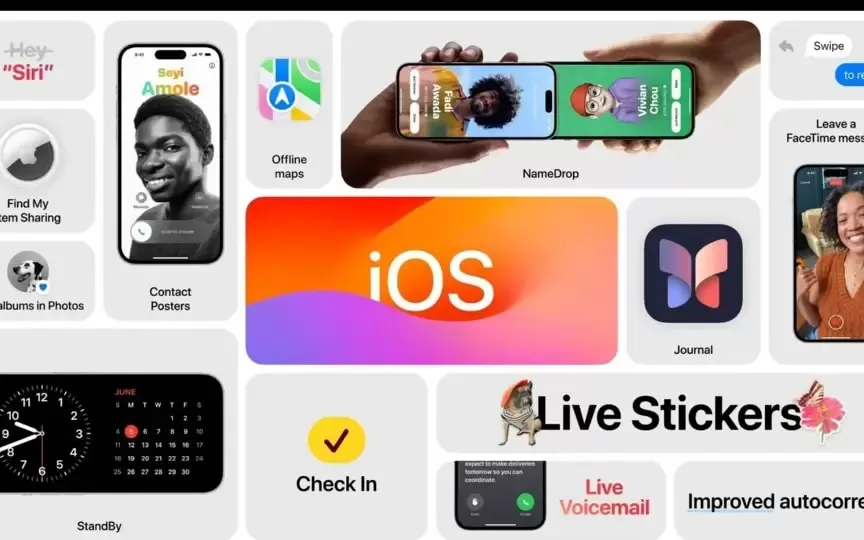Rajeev Chandrasekhar explains government’s position on AI, describes advisory as a safeguard for companies
In a follow-up to the recent advisory issued by MeitY on March 1, Rajeev Chandrasekhar, Minister for IT, has clarified important aspects of the advisory amid industry-wide concerns.
Chandrasekhar emphasized that the advice is specifically aimed at “significant platforms and the license application from Meity only applies to large companies, and it does not apply to startups.” He stated that the focus of the advisory is on “untested AI platforms” intended for use in the “Indian Internet”.
Recent advisory of @GoI_MeitY needs to be understood➡️Advisory is aimed at the Significant platforms and permission seeking from Meity is only for large plarforms and will not apply to startups.
➡️Advisory is aimed at untested AI platforms from deploying on Indian Internet…
— Rajeev Chandrasekhar (@Rajeev_GoI) March 4, 2024
In addition, he emphasized that the advice acts as an “insurance contract” for the platforms, protecting them from possible consumer lawsuits. To ensure compliance, obtaining permission and clear labeling and obtaining consent to disclose untested platforms to users is critical.
“Security and trust in the Indian Internet is a common and shared goal of the government, users and platforms,” he concluded.
On March 1, for those unfamiliar, the Ministry of Electronics and IT, Government of India, issued one regarding platforms using generative AI models and algorithms. The advisory emphasizes that these platforms must seek “express permission from the Government of India” before launching in India. In addition, companies must ensure that their models should not “host, display, upload, edit, publish, transmit, store, update or distribute any illegal content” and that “non-compliance would result in criminal sanctions”.
This was preceded by a controversial move by Google’s Gemini generative AI platform, where it was allegedly biased when asked about Indian Prime Minister Narendra Modi.




